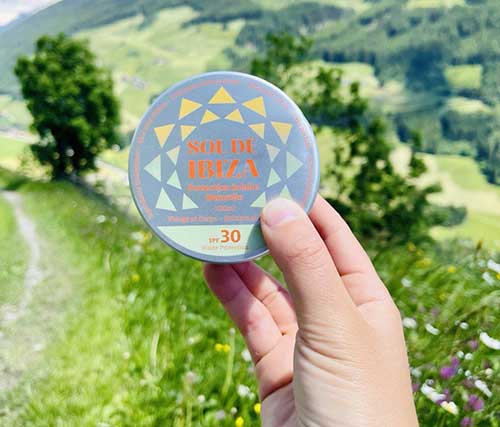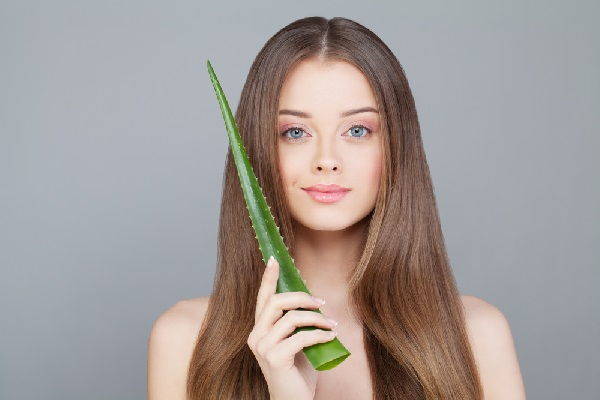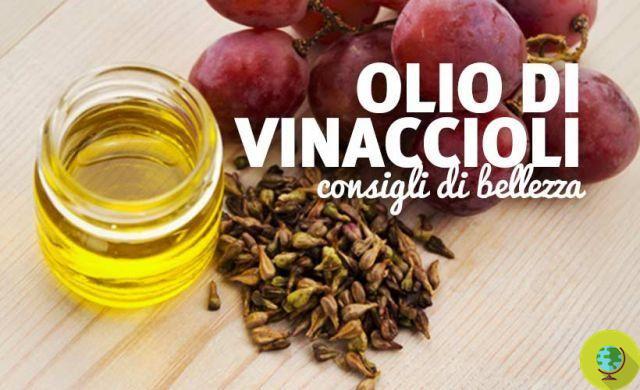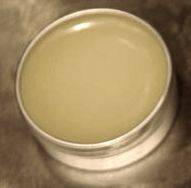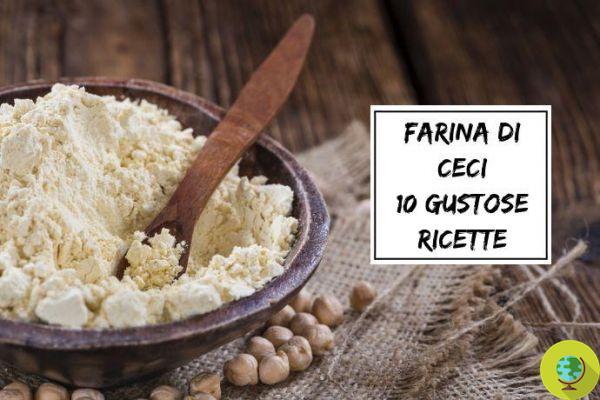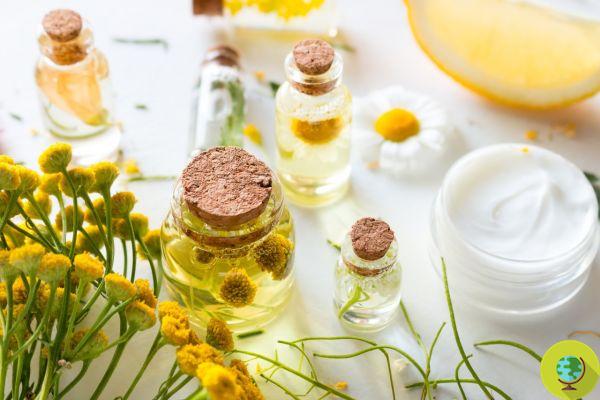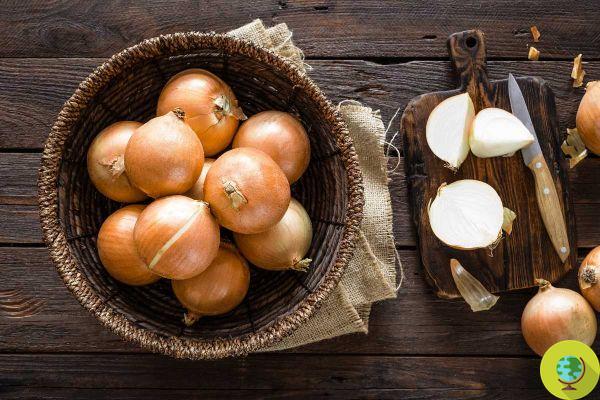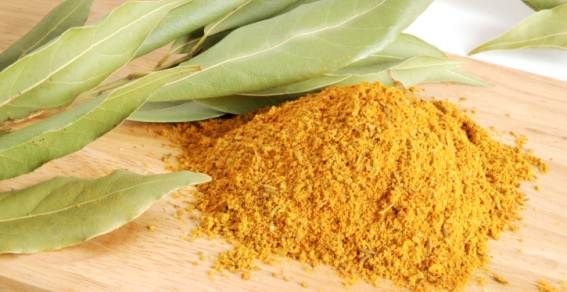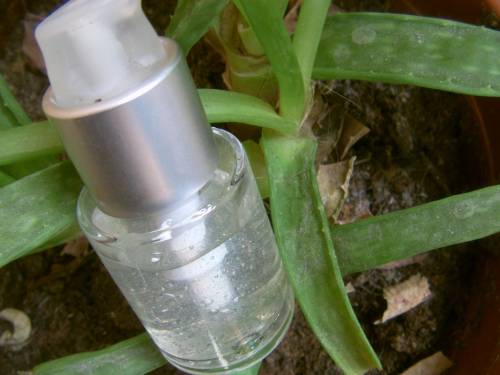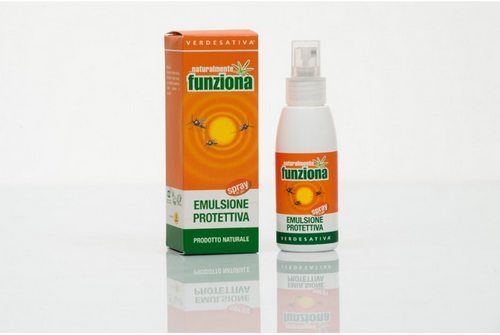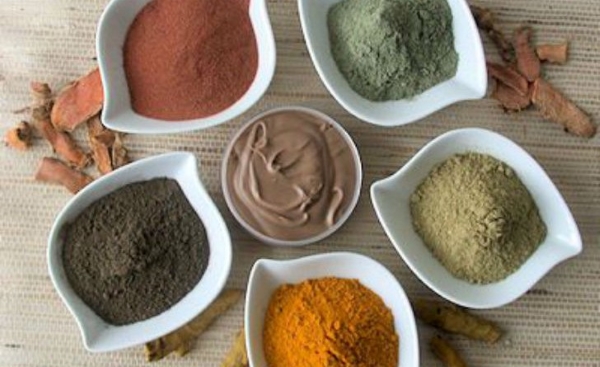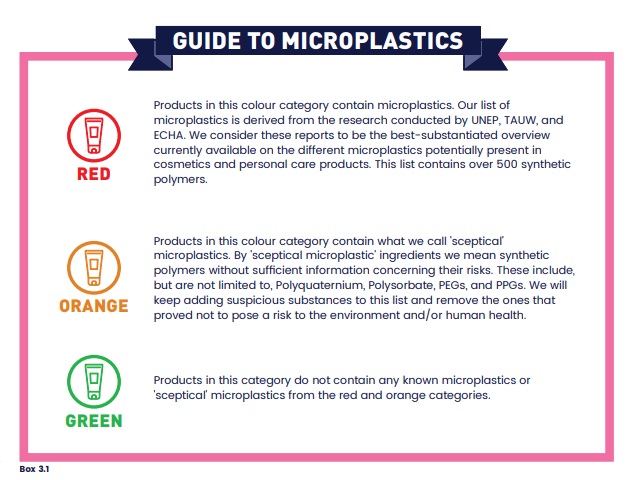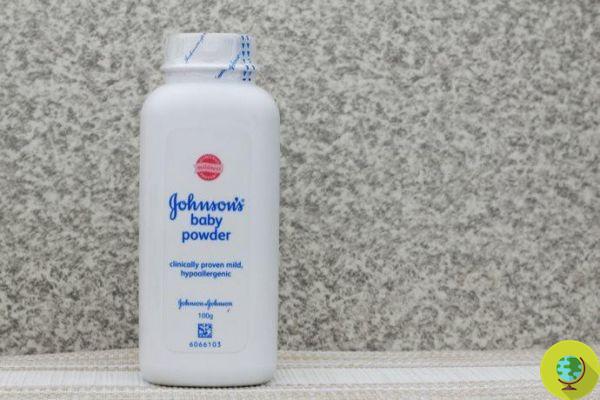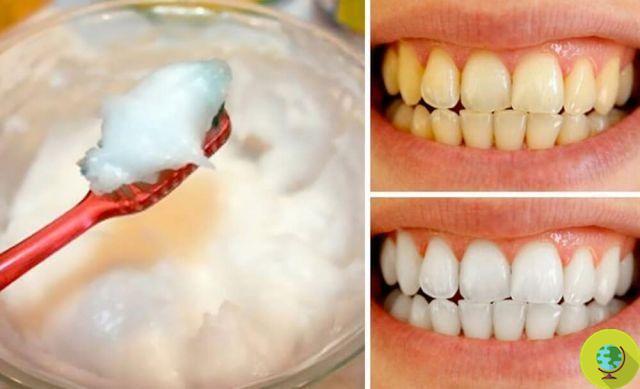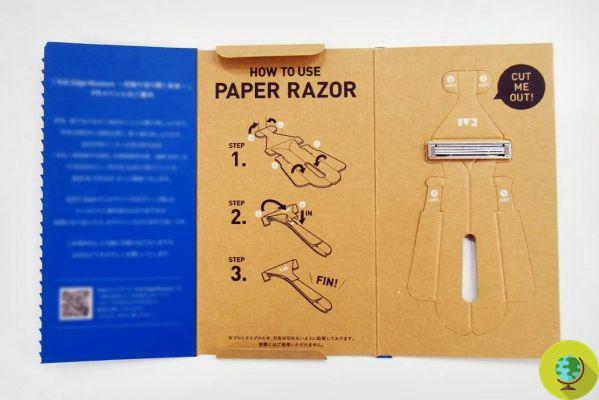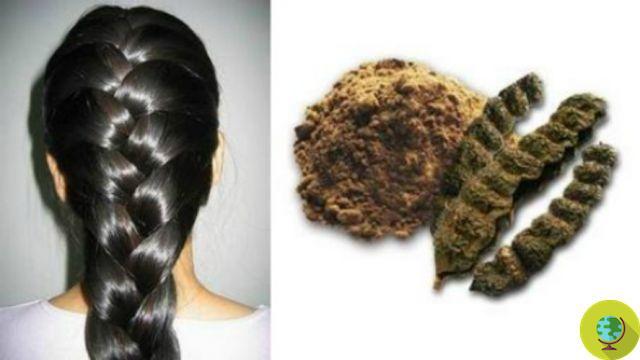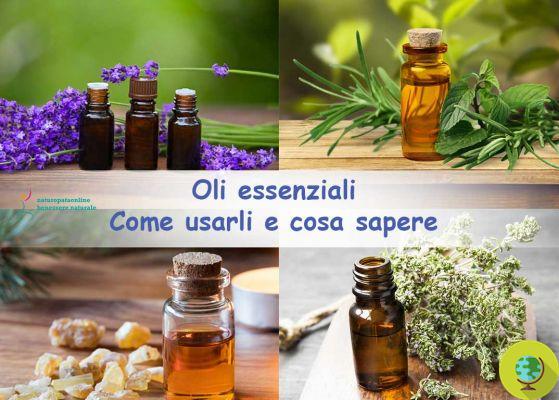
As we know in a self-respecting product and with a good Inci usually what we will find that will give a heavenly perfume will certainly not be anything synthetic, but essential oils. Have you ever stopped to wonder what they are and where do they come from?
Don't store avocado like this: it's dangerous
As we know in a self-respecting product and with a good Inci usually what we will find that will give a heavenly perfume will certainly not be anything synthetic, but essential oils. Have you ever stopped to wonder what they are and where do they come from?
What is evidently supposed, even without knowing anything, is that are natural, but also that they are a lot concentrated, Here because to be used with caution, so much so that some are even not recommended in case of pregnancy, breastfeeding or on children under the age of 12.
Having said that, let's not be alarmed, but let's be aware of it: the essential oils, are extracted from plants, leaves, stems and flowers one of the oldest laboratories found by archaeologists near Cyprus dates back to 4000 years ago.
They are useful in do-it-yourself cosmetic preparations, in foot baths or baths, in natural room fragrances or candles, in candies or sweets, and again, coming to our Libyan system, they help to acquire relaxation phases or to solve insomnia problems.
But what are they?
There are complex mixtures of organic substances of various chemical nature, extracted from plant material; I am liquid oily substances lipophilic with high volatility and fragrant like the plants from which they derive.
I usually am immiscible in water and soluble instead in organic solvents such as alcohol.
But how are they obtained?
The main methods are the squeezing, fat extraction, extraction with volatile solvents and finally the distillation by extraction with supercritical fluids.
The most commonly used, although it gives a lower value to the product obtained, is the steam distillation which, on the other hand, allows a higher speed of the process and a lower use of steam.
Instead, the technique that produces a better final product is certainly that ofextraction by CO2 used for example in obtaining extracts such as those of vanilla, cinnamon or cloves.
In steam current it is the force of the steam that is created inside the system that does all the work: the cell membranes of the flowers, swollen with water vapor, break, thus pouring the substances contained in them, the oils in fact, into the water vapor. The vapor then condenses, droplet after droplet, brings these oily substances into the container placed at the end of the current circuit, making them "float" on the water in the container.
In the end, what you get will be one insoluble solution of water and oil in suspension which will then be necessary to follow a series of further steps necessary to obtain the final product as we all know it.
- oils are natural and also very expensive because of that up to 200kg of flowers are needed to obtain 1 liter of essential oil, variable quantity depending on whether leaves, flowers or barks are used, depending on the botanical species in question and depending on the extraction method used.
Some very useful oils are that of Tea tree also called malaleuca or medical plant, natural antibacterial and antifungal, that of lavender essence , with a strong sedative power, that of mint with opposite power instead, energizing or di cypress, with strong anti-cellulite power.
Finally, how can we forget that for a truly unique and natural good perfume, a few drops of wisely chosen essential oils are enough to be placed in alcohol and then in water.
Kia - Carmela Giambrone
source: Manual of the herbalist-I. Morelli, G. Flamini, L. Pistelli




